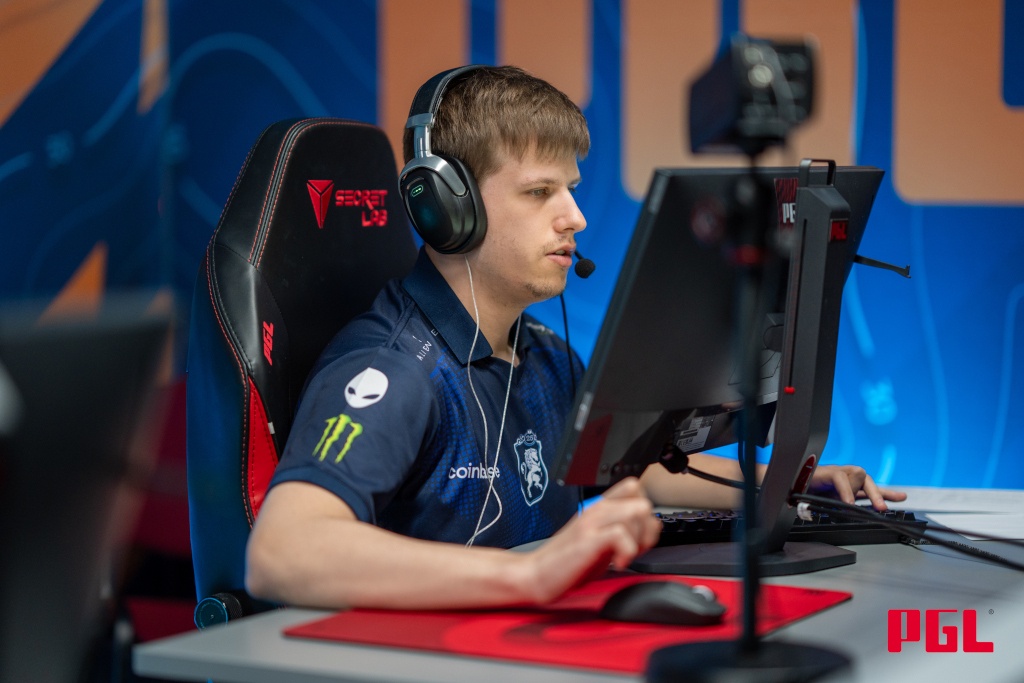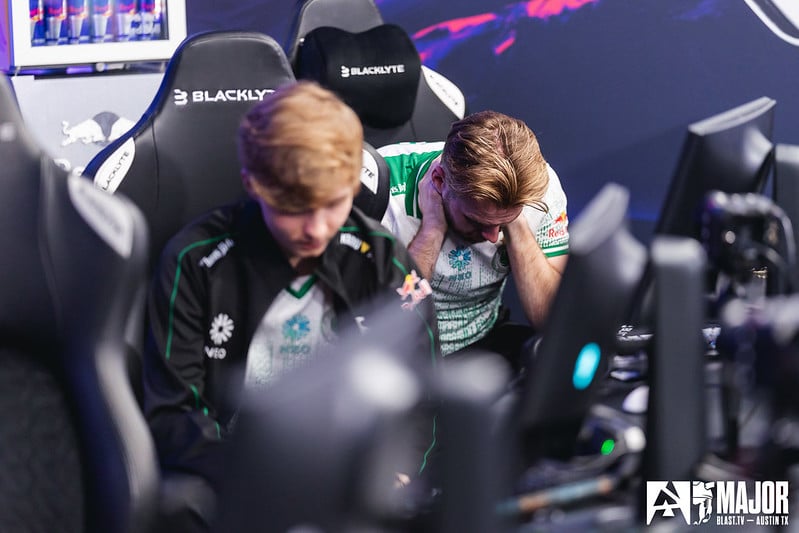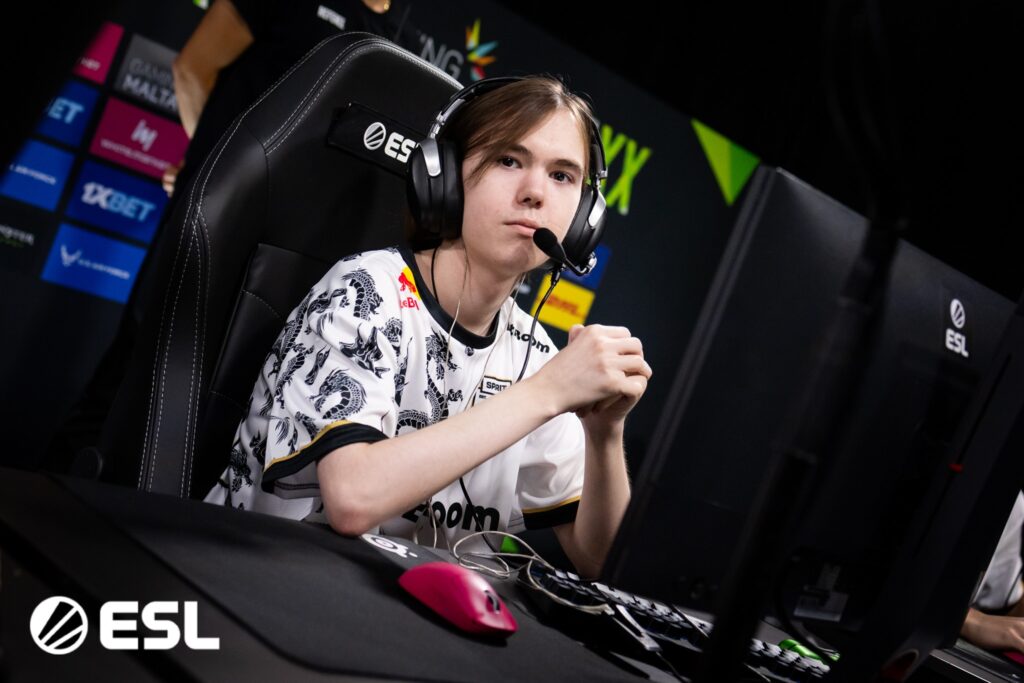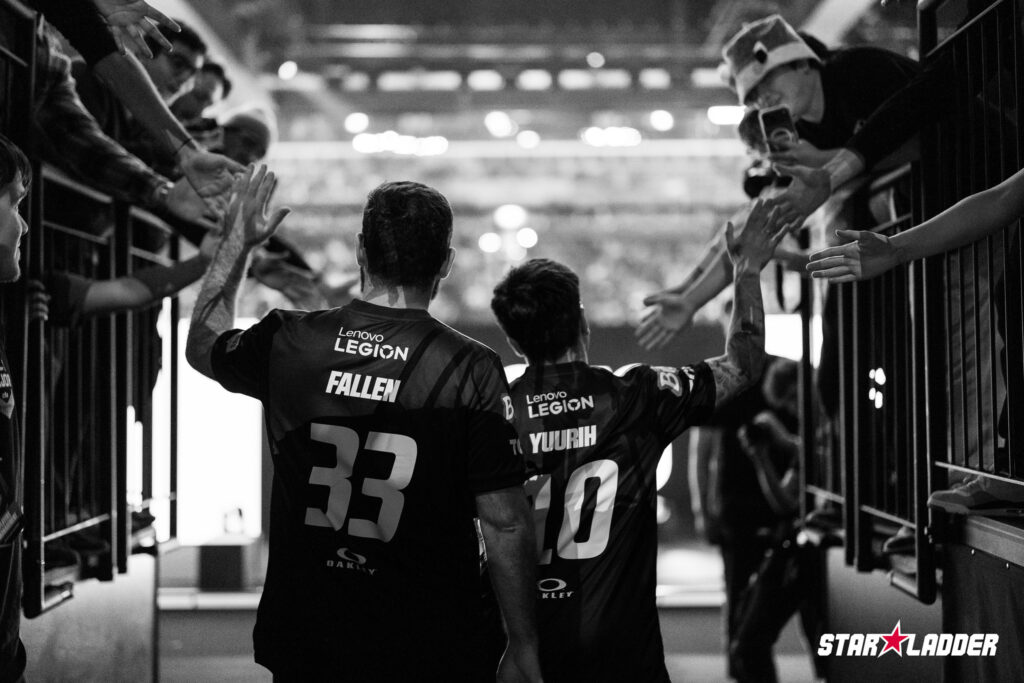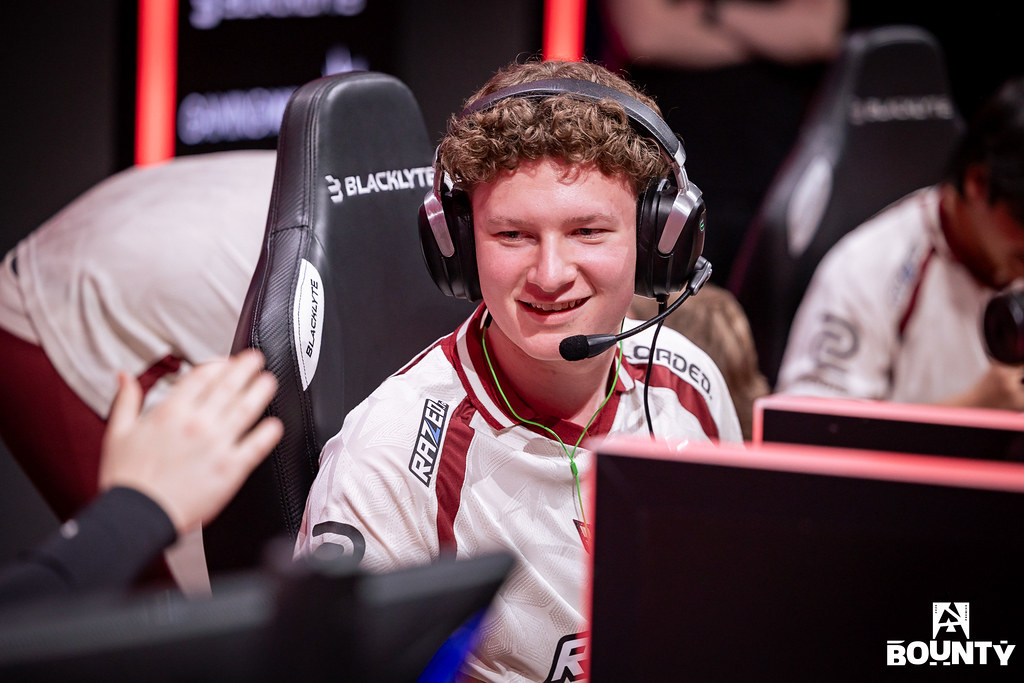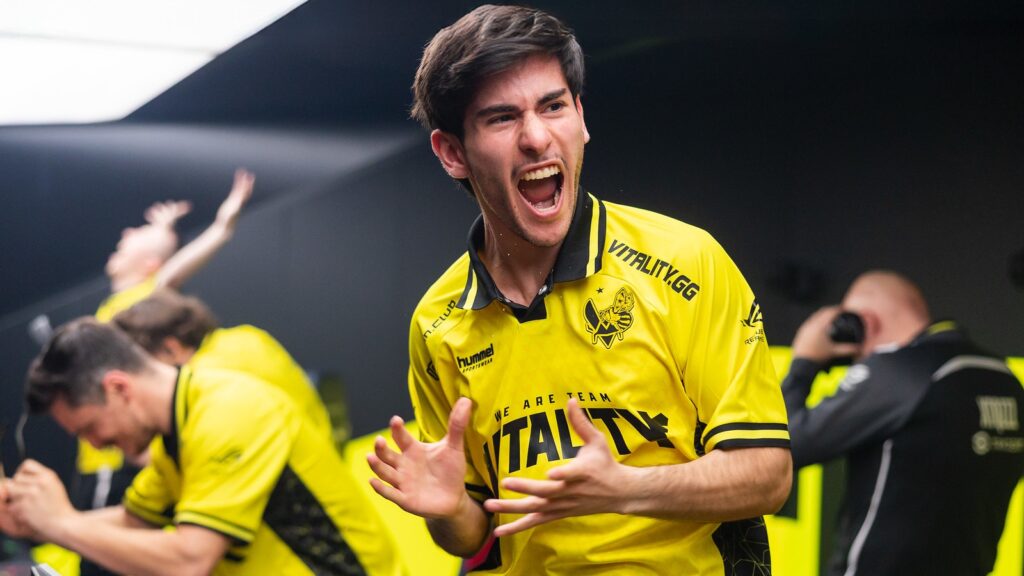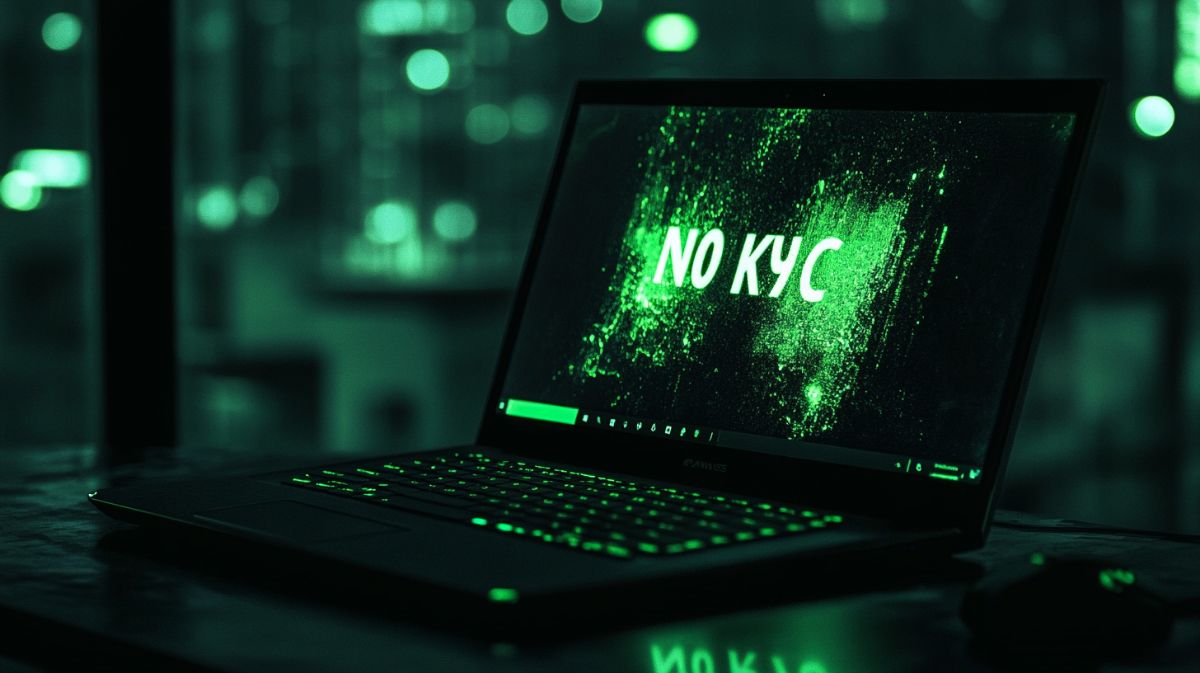CYPHER Explains Why he Wants Counter-Strike to Return to RMR for Majors
With fnatic now out of Exort the Proving Grounds Season 4 and losing big Valve Regional Standings (VRS) points in the process, their hopes of making the StarLadder Budapest Major may now be completely dashed.
At BLAST Open London 2025, we caught up with their aggressive star Cai “CYPHER” Watson, a player who has tasted both success and heartbreak as a result of the old RMR system, to get his views on the anxious race for the final Major spots.
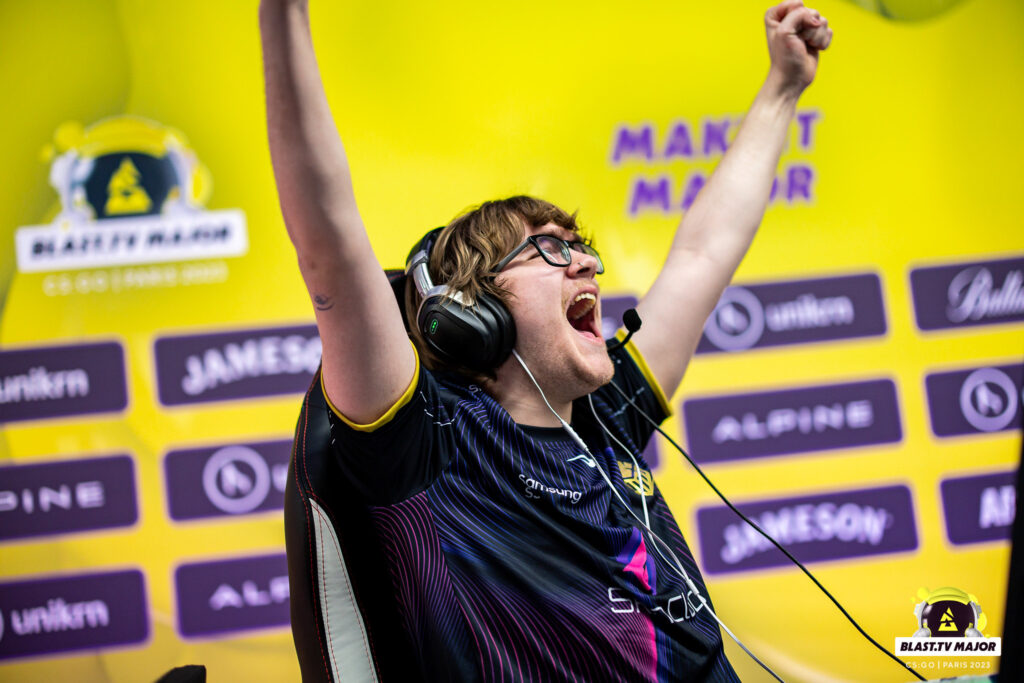
Image Credit: BLAST
Play and pray
In the old way of doing things, Major spots were decided by teams battling it out in RMRs, or Regional Major Rankings. They were, in the case of the European region, two 16-team LAN events that featured qualifiers all the way down to the open level, where the teams would fight through a Swiss system in order to see who would get to play in the biggest tournaments of the year.
“In my head, I would love to go to an RMR again,” CYPHER told Esports.net, “RMRs were where you’d battle it out, where you’d play your best and you’d survive. That was what was good about them.They were do or die, but VRS is just all year, constant, and you have to hope for the best.”
The final RMR events, the VRS-invited qualifiers for the BLAST.tv Austin Major, were heavily criticised. Open qualifiers were abandoned, tournament schedules were disrupted, and the RMRs themselves were moved online and pushed aside to prevent even more difficulties.
In a hasty attempt to rectify that, Valve decreed that RMRs would be no more, and that VRS would now be the sole way to qualify for the Major. A decision that left many teams with a mountain too big to climb, it created a cloud that looms over many teams on the cusp of qualification in their respective regions.
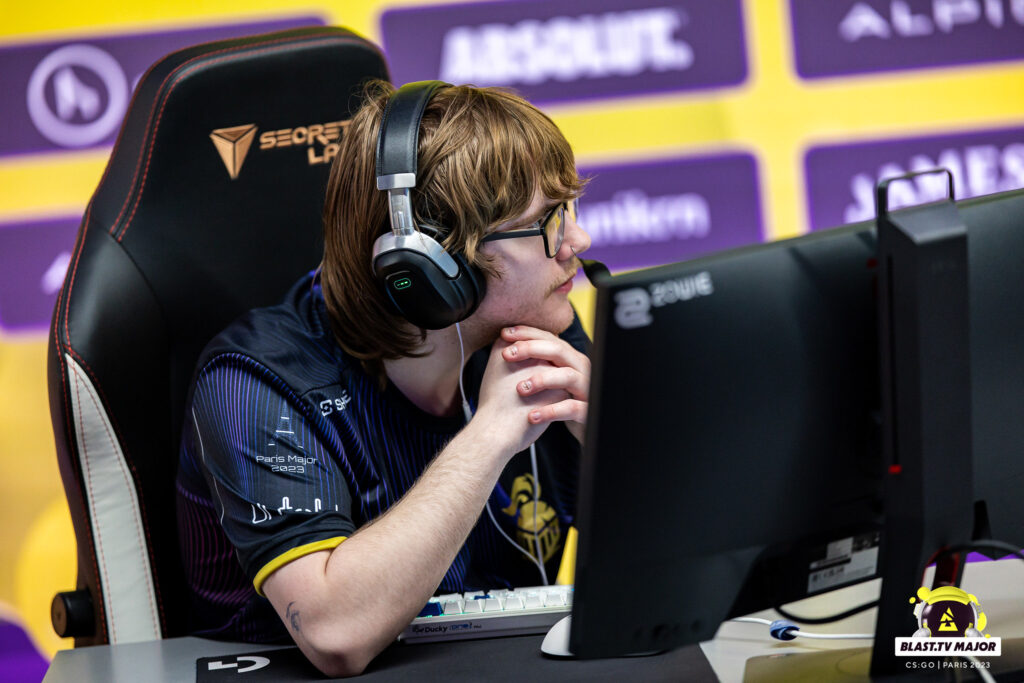
Image Credit: BLAST
“We’re not looking ahead at VRS,” CYPHER said. “The managers are probably looking at it and worrying, but we’re not looking at it.” There’s a laugh that comes with the addition, but it does little to hide the mild worry in his voice.
It is a factor CYPHER tells us is “hard not to focus on,” adding that “most players are probably doing it.” It’s easy to see why, too, and he says in his own words: “You play CS to qualify for a Major and play at a Major. But I just said to myself that it does more harm than good to look at it. I’ve had more than enough heartbreak in my career.”
He’s not wrong, either. In the RMR for the Perfect World Shanghai Major his team BLEED had put themselves in an excellent position to qualify as they went 2-0 in Swiss. But the subsequent three defeats had seen them crash out and fail to qualify.
VRS vs RMR
It’s a heartbreak that will no longer be possible within the new system, but that doesn’t mean that heartbreak is gone from the game entirely. The online grind for VRS can be long and exhausting, and even success doesn’t necessarily mean you will be rewarded.
“It’s hard. You can see that in the lower tiers that they’re all putting in so much effort, going to so many tournaments, and then in the end one team will go to a LAN and they’ll just get overtaken.” CYPHER explained.
There was also the flipside to the RMR system, as some underdogs that managed to make it to the Major despite the odds being stacked against them. Just like hometown heroes ECSTATIC at the PGL Major Copenhagen 2024, or, in CYPHER’s case, Into the Breach in the BLAST Paris Major 2023.
“It’s hard to say,” CYPHER replies when we ask which system he prefers. “I think that for the landscape of Counter-Strike, the old way of doing it was better. You look at us with Into the Breach, it was a miracle run that would never be able to happen now because of VRS. If you look at it that way, then obviously the RMR is the better way.”
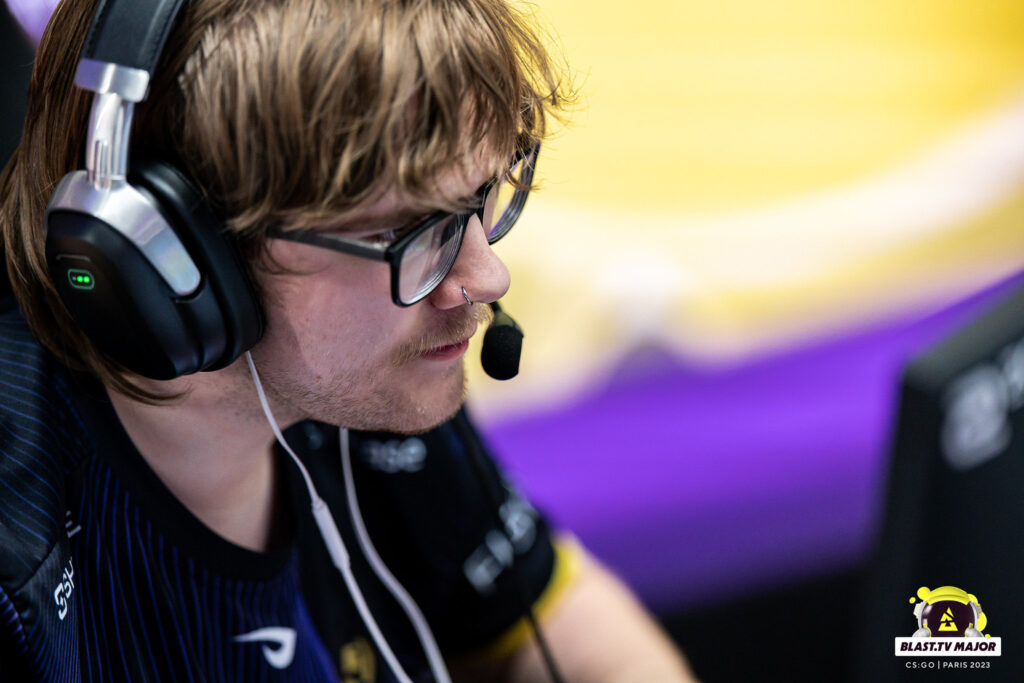
Image Credit: BLAST
Open qualifiers were a huge part of CS Majors that may now be lost to history, ironically due to the system that was invented to protect the open circuit nature of the scene from what was deemed to be predatory partner systems between the tier one teams and the biggest tournament organisers.
However, that magic was often criticised by fans when seen in action. The Paris Major, which saw Monte, GamerLegion, and ITB – three tier two teams – all make playoffs, those playoffs were disregarded as “boring.”
This is a factor CYPHER knows all too well. He said: “if you look at VRS, it might be better from the viewer’s perspective. You might get better games at the Major because there won’t always be underdogs, it’ll always be the teams on top.”
It’s a toss up that will likely be debated for years to come, largely because it still feels like the Major format is up for debate, but with the StarLadder deadline fast approaching and fnatic’s status as a qualified team still up in the air, CYPHER ends the interview on a simple note: “There’s two ways to look at it, but for myself as a player, I like the RMR way.”

